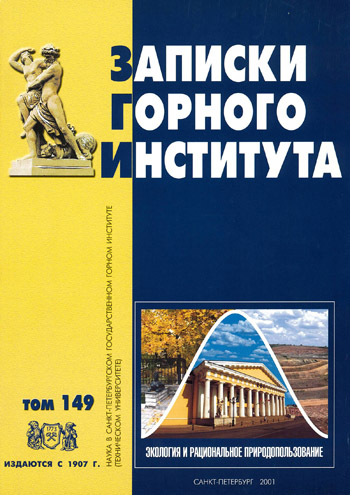Development of methods and means of remote radar control of radioactive emissions into the atmosphere
About authors
- 1 — Prognoz Research Institute at St. Petersburg Electrotecnical University
- 2 — Prognoz Research Institute at St. Petersburg Electrotecnical University
- 3 — Prognoz Research Institute at St. Petersburg Electrotecnical University
- 4 — Prognoz Research Institute at St. Petersburg Electrotecnical University
Abstract
This paper outlines the results of research on radar detection of man-made formations in the lower atmospheric layer at large distances. A generalized mathematical model of the scattering of electromagnetic waves (radar cross section - RCS) of the leakage from the chimney of a nuclear power plant was developed. The calculated functions of RCS from the radar wavelength showed that the RCS values for accidental leakage are not so large, which creates difficulties in radar detection. The problem of detecting and recognizing the type of leakage has a solution when using a network of multi-position multi-band radars.
Область исследования:
(Archived) Safety problems of radiation, electromagnetic and other dangerous influence on people
Similar articles
Methodology for substantiating the scope of application of methods and technologies of municipal tunnel construction from the point of view of environmental safety
2001 B. A. Kartoziya, E. Yu. Kulikova
Economic and legal aspects of management of the mineral and raw materials complex
2001 N. V. Pashkevich, A. A. Ilinskii
Using polarization measurements to probe forest land covers
2001 V. P. Yakubov, E. D. Telpukhovskii, V. V. Ruchkin, V. N. Padusenko
Remote environmental monitoring of the Udachninsky MPP area (Yakutia)
2001 Yu. N. Serokurov, A. M. Lyukhin, I. V. Kalmykov
